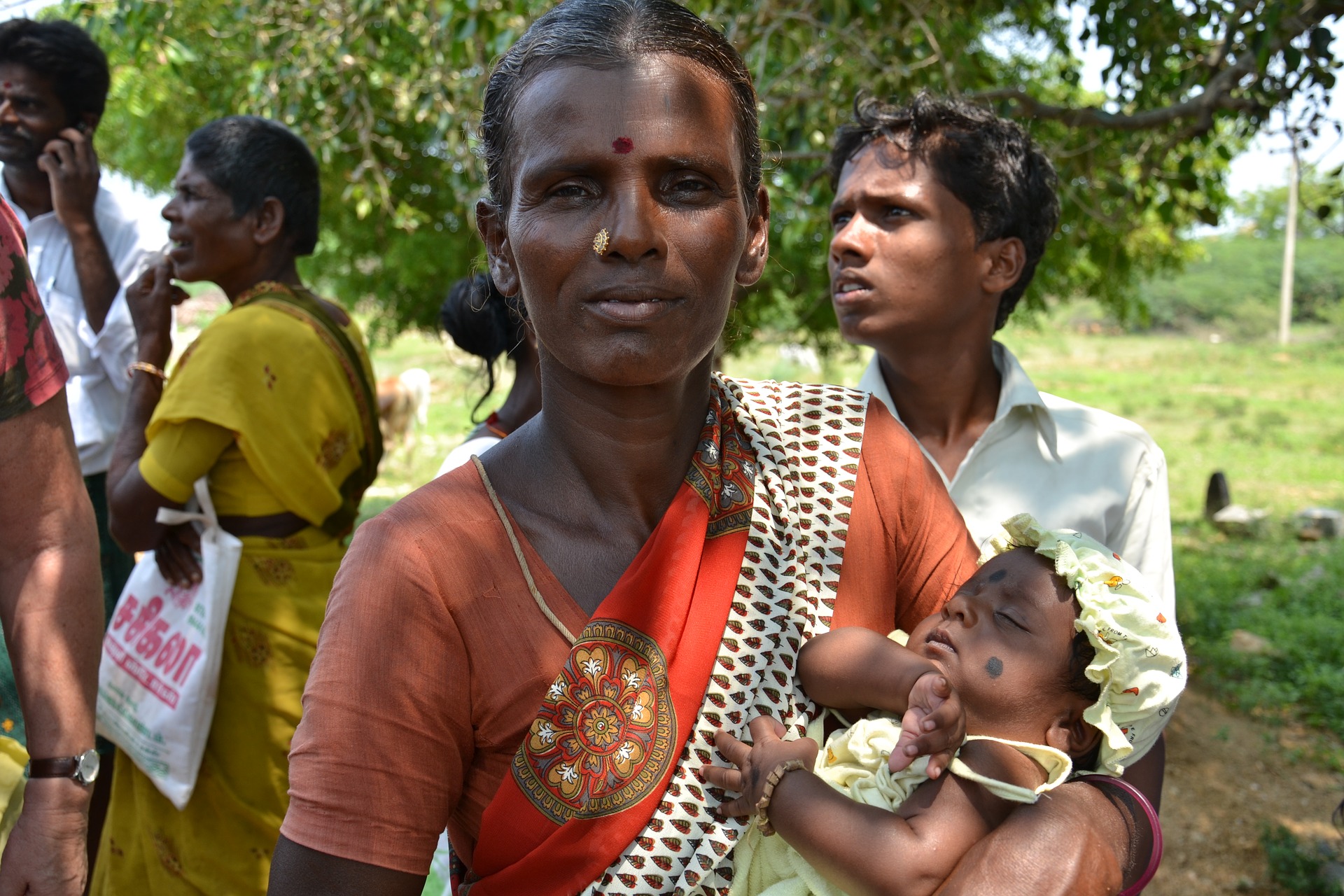Supreme Court Judge Says Women Have the Right to Decide on Their Pregnancy
Supreme Court judge AK Sikri said that it is the woman’s right to decide whether she wants a baby, or wants to abort or prevent pregnancy.

Pro-choice or pro-life? In many countries, including the United States of America, a woman’s right to decide whether to retain her pregnancy is a highly polarising subject. In India, the Medical Termination of Pregnancy Act 1971 make abortions legal, subject to certain limitations.
The matter of abortion in India is associated with the possibility that the simplified abortion rules lead to increased cases of female infanticide. There is also an undercurrent of social stigma, which contributes in keeping the pro-choice conversation in wraps.
Supreme Court judge AK Sikri won many hearts, when he recently said that it is the woman’s right to decide whether she wants a baby, or wants to abort or prevent pregnancy.
 Image for representation. Source: Pixabay
Image for representation. Source: Pixabay
According to PTI, the judge said this during a speech on women’s reproductive rights and the role played by men and the family in imposing their decisions. The occasion was a symposium, organised by the Jindal Global University (JGU), on Reproductive Rights In Indian Courts: Celebrating Progress, Identifying Challenges And Discussing The Way Forward. The judge rued the fact that women in India have little choice when it comes to reproductive rights.
“Reproductive right, which of course is a human right, is based on the human dignity,” he said. “When we talk of reproductive rights, it is mixed with another right of women, that is the sexual right. When we talk of reproductive rights in India, there again the choice is of the husband in the family or what the elders say…when there should be a child, whether that child should be male or female etc.”
In a country where patriarchy enjoys a deep-rooted foundation in everyday lives, women are often subject to the judgement of their spouse and family.
On one hand, women may be forced to undergo abortion even when they don’t want to — as with female foeticides. On the other, she may be compelled to reproduce against her wishes. Stereotypical depictions of women as homemakers and mothers only contribute to these factors.
You might also like: Meet the Entrepreneur Who Is Making Law Simple, Affordable and Accessible for Indians
As a result, women often resort to illegal or unsafe abortion methods. Studies have estimated that millions of women undergo abortion each year and over 50% of those are done in highly unsafe environments.
Judge Sikri’s speech, sprinkled with quotes and examples like the movie Pink, points to the need for an urgent discourse on the subject. “A woman’s choice to reproduce, abort or prevent pregnancy, deals with her body. It is she, who, by the virtue of her anatomy, undergoes the process eventually,” he said.
Like this story? Or have something to share? Write to us: [email protected], or connect with us on Facebook and Twitter.
NEW: Click here to get positive news on WhatsApp!
This story made me
- 97
- 121
- 89
- 167
Tell Us More
We bring stories straight from the heart of India, to inspire millions and create a wave of impact. Our positive movement is growing bigger everyday, and we would love for you to join it.
Please contribute whatever you can, every little penny helps our team in bringing you more stories that support dreams and spread hope.


















